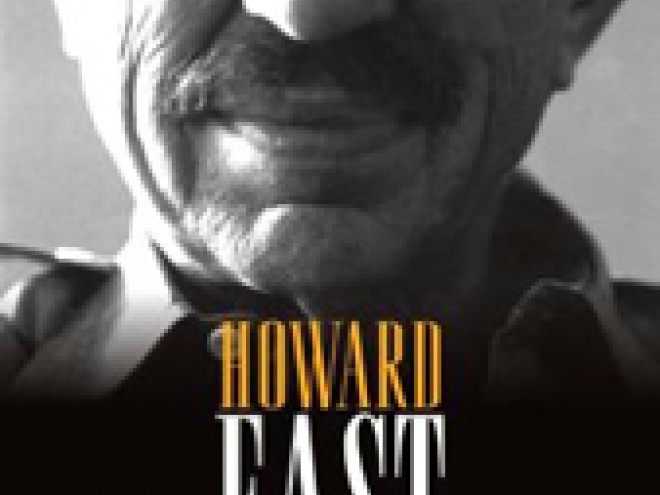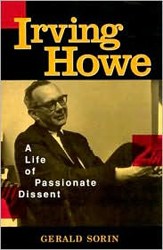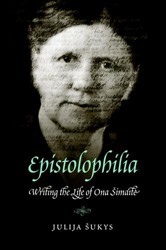Gerald Sorin’s biography of the Jewish-leftist writer Howard Fast (1914−2003) examines Fast’s life through the lens of his political identity. Famous — or infamous — for his membership from 1943 to 1957 in the Communist Party of the United States (CPUSA), Fast was often more popular in the Soviet Union than in America, although sales of his books and literary rights made him a multimillionaire by the time he died. Sorin traces his life from scrappy New York tenement kid working all hours to put food on his widowed father’s table, to wealthy Hollywood and Old Greenwich literary lion, hobnobbing with the literati.
Sorin’s idea is that Fast was a middling writer who joined the Communist Party and indulged in extramarital affairs to satisfy his outsized need for fame and appreciation. According to Sorin, Fast submitted to CPUSA discipline and censored himself, knowingly ignoring Stalin’s anti-Semitic campaigns, to enhance his career. While readers might wonder why any writer would consider Party membership a career booster in the McCarthy period, Sorin believes Fast chose to be a big fish in a little Communist pond, where no one was too picky about literary quality as long as the politics were ‘correct.’ Perhaps it is impossible to read Fast’s works or to interview his embittered family members, and not come to such negative assessments, and at times Sorin’s frustration with Fast is evident. Still, such a critical view is bound to stimulate new debate over the role of the artist in Cold War America. Index, notes, photographs.
Read Gerald Sorin’s Posts for the Visiting Scribe
Writing Biography: The Historian’s Challenge, Part 1Bettina Berch, author of the recent biography, From Hester Street to Hollywood: The Life and Work of Anzia Yezierska, teaches part-time at the Borough of Manhattan Community College.




